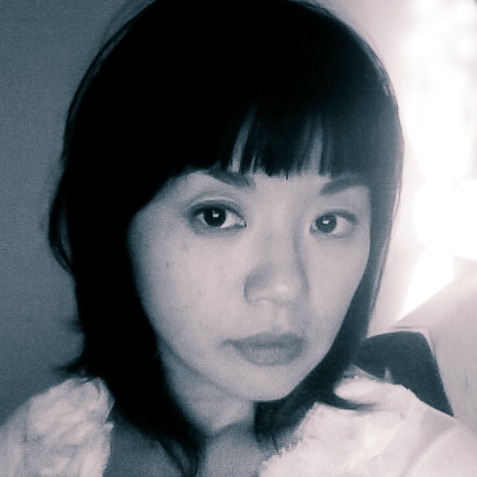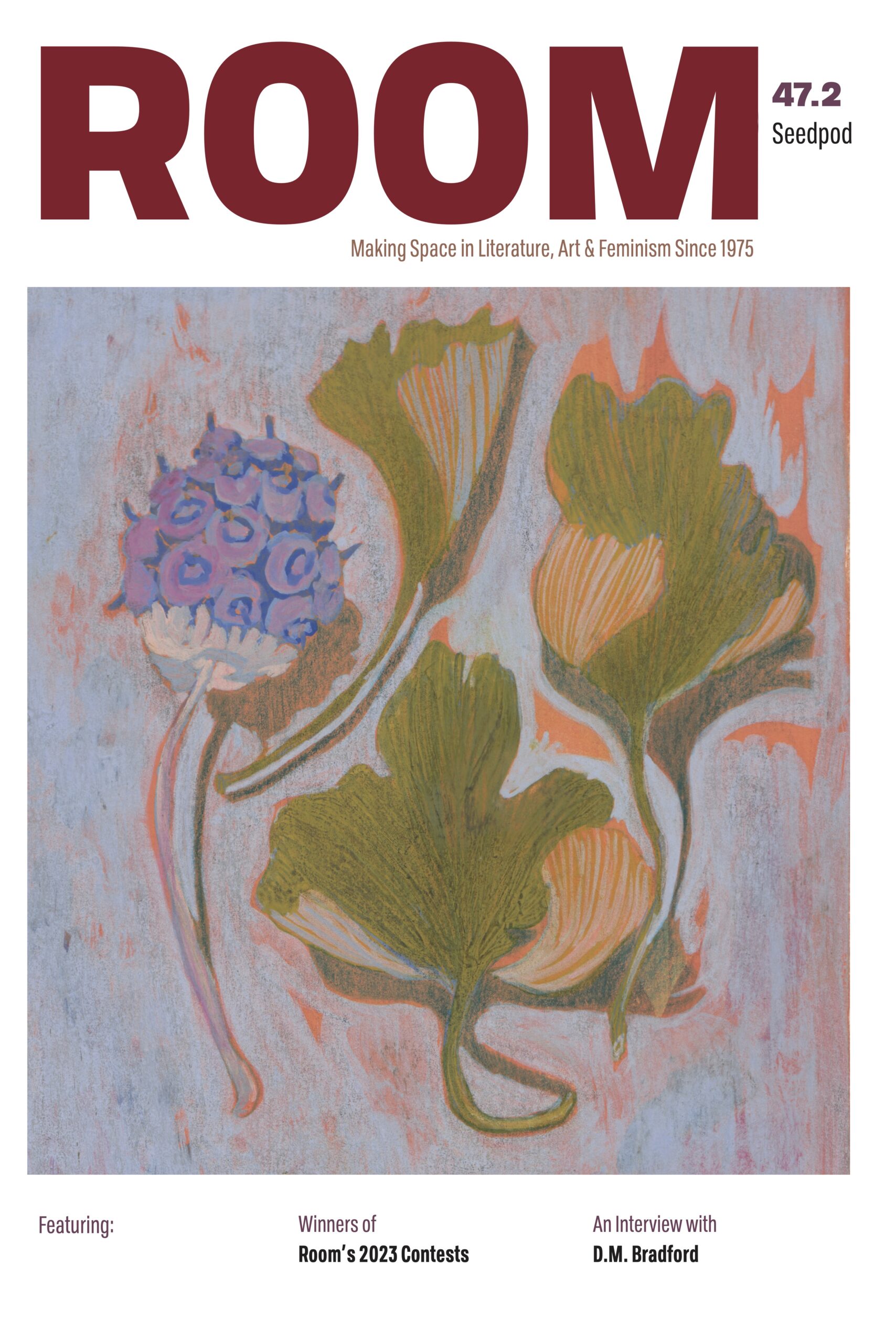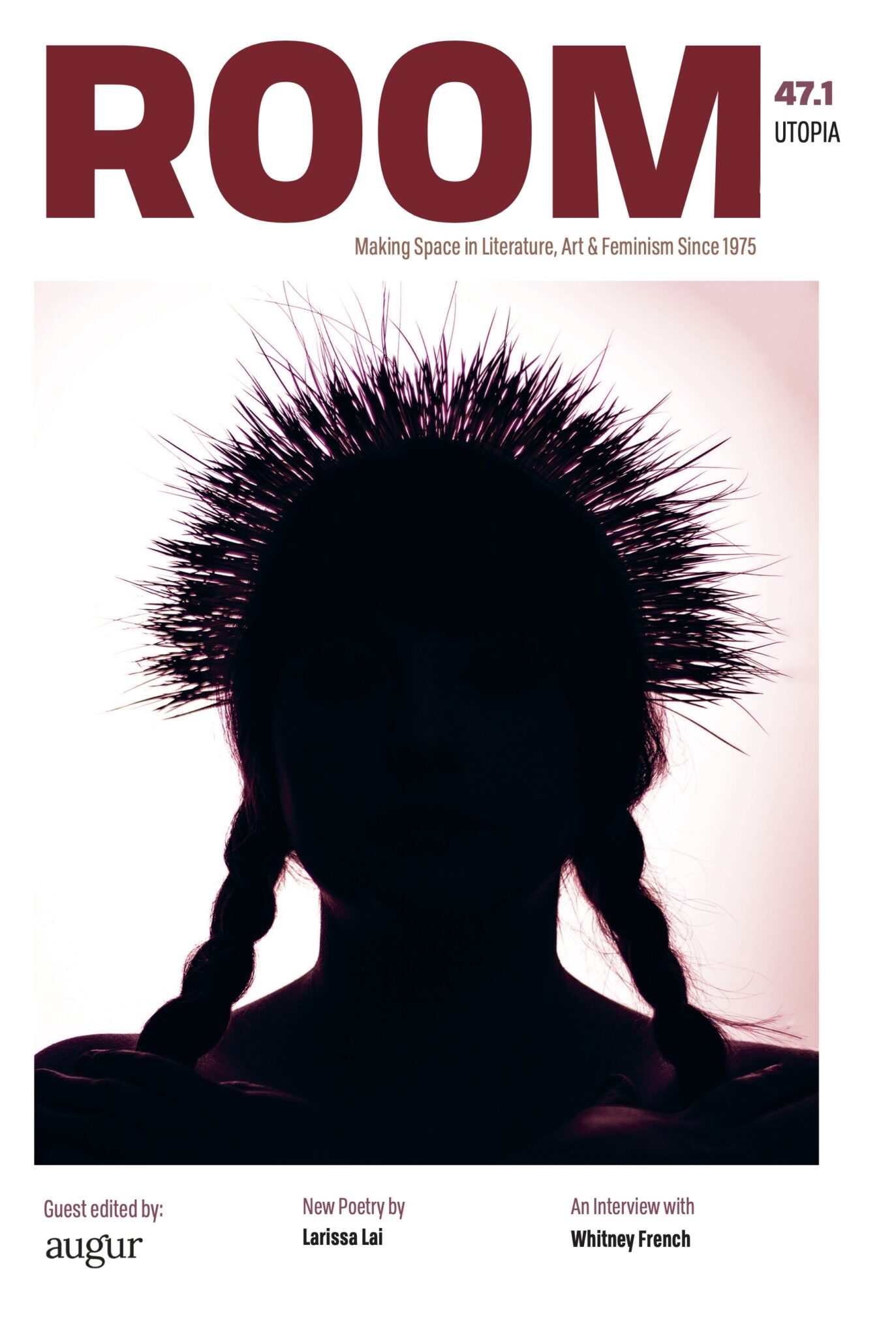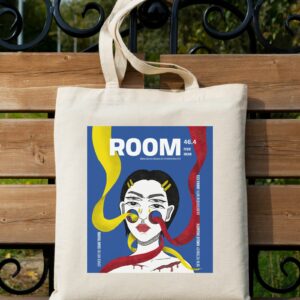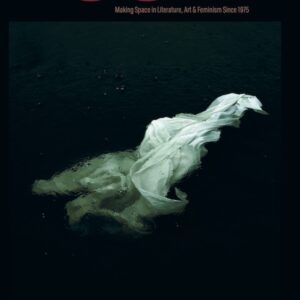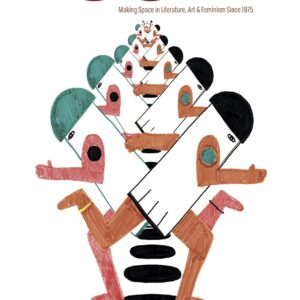With the deadline for the 2015 creative non-fiction contest fast approaching, Lindsay Glauser Kwan spoke with last year’s first place winner, Naoko Kumagai.
With the deadline for the 2015 creative non-fiction contest fast approaching, Lindsay Glauser Kwan spoke with last year’s first place winner, Naoko Kumagai about writing creative non-fiction and the advice she has for writers thinking of submitting their work to Room’s annual contests. Her story “Everybody Out of the Pool” will be published in the upcoming issue 38.2.
ROOM: First of all, congratulations on winning! How does it feel to be selected by creative-non-fiction judge Sarah de Leeuw as first prize?
NK: I was really thrilled and it was completely unexpected. Every time I submit something, I just send it and then try to forget about it because there are a lot of variables as to whether or not something gets accepted. I had no expectations whatsoever so I had to read the email a few times to make sure it was saying what I thought it was saying.
ROOM: Have you won a prize for your writing before?
NK: I won a screenwriting award many years ago. It was for a hockey movie about Guy LaFleur. It was a short film. This Room award is possibly more significant because of the subject matter but also because of the time it took to percolate.
The Contest from Naoko Kumagai on Vimeo.
ROOM: Can you describe your writing process and how you got this piece to the prize-winning draft it is now?
NK: I had been enrolled in the MFA at the University of Guelph, and it was part of a creative nonfiction workshop that I took. I actually drafted it for an assignment and at the time I got a really good response. When I heard about the Room competition, I thought well this was a piece that I felt good about and decided to submit. In terms of writing it, it was a very intense process. I think it took me a good week to really get it down, then a few successive revisions. I wrote it pretty obsessively.
ROOM: How do you approach creative non-fiction differently than you might with another genre?
NK: With creative non-fiction there is usually an urgency of what I’ve experienced or observed that really drives it to the page. And I felt this way with this piece. I really wanted to write it and piece together something that I had experienced and observed.
ROOM: In creative non-fiction many writers take some liberties in the presentations of facts. For instance, some writers collapse several characters into one, or they can omit details because they are not as relevant to the draft. How do you negotiate the facts in your writing?
NK: For me ultimately, it is about an emotional truth. I think the question of fact, especially when it comes to memory can be very, very tricky — because fact is not often the truth.
For this piece specifically, I was after an emotional truth that I really wanted to express.
ROOM: How did you feel about revealing part of your own personal story?
NK: A lot of what I wrote about is stuff that I’ve processing for a long time, I’ve been thinking about all of it in various fragments. For better or for worse, I sort of didn’t think about the outcome. I just wanted to get it down in the way that made sense to me. And then when I got the email from Room, which was lovely, I had about five seconds of thinking, “Oh no! It’s actually going to be published!” But really, why did I even do this then? At the time, it was just an experience or a collection of experiences that I just wanted to get down and I didn’t really think about the end of it. I like the writing part and then the publishing part turns into this whole other thing–maybe it’s compartmentalized too much. But yet I want to be read, I mean, everyone wants to be read, right?
ROOM: Yeah, it seems like it’s almost a different consideration with publishing.
NK: Yeah it is, and yet, I knew I wanted to write freely and un-self-consciously. It was important to me.
ROOM: What is it about the genre of creative non-fiction that you most enjoy?
NK: I think it is just the joy or the process of writing or documenting experience. I keep thinking of the emotional truth of it. Life is so interesting because if your live it incrementally there is so much meaning as we live. With creative non-fiction, it helps you mine those moments that on the outside might seem mundane, but for me, I think, oftentimes, those moments carry a lot of meaning or significance. And it is just a matter of watching and paying attention to that.
For me, creative non-fiction feeds the desire to pay attention. I think that is what makes up life.
 ROOM: What female creative non-fiction authors do you admire or look to as inspiration for your own work?
ROOM: What female creative non-fiction authors do you admire or look to as inspiration for your own work?
NK: Evelyn Lau is always really important to me. She writes these astonishing sentences from a craft perspective, never mind everything that she has written about or experienced. She is someone whose work has really stayed with me. Jeanette Winterson is also another writer whom I admire. I really enjoyed her book Why Be Happy When You Could Be Normal? In terms of prose writers, I read a fair bit of Japanese writers such as Yoko Ogawa and Taeko Kono.
ROOM: “Everybody Out of the Pool” was the name of your piece and used many swimming references in the piece. What inspired you to use this thread throughout the work?
NK: I wanted to create a sense of immersion. For me, not only was I a swimmer, I also thought of it as a way to encapsulate the immersion or embodiment of growing up in a certain type of family. I thought that would work to bookend the whole piece. And the water is an image or as a symbol always sort of resonated with me—you submerge yourself in it, you can drown in it, you can drink it. We are made up of water–it is also a very much a part of being. All those things seemed to fit for me when I was writing the piece.
ROOM: Do you have any advice or writing tips for writers wanting to submit to the contest?
NK: Submit something you are proud of and something that you enjoyed writing, because I like to think that has an impact on what ends up on the page. People can read whether or not you were fully present or felt a sense of urgency when you were writing it, and I think those things are important.
